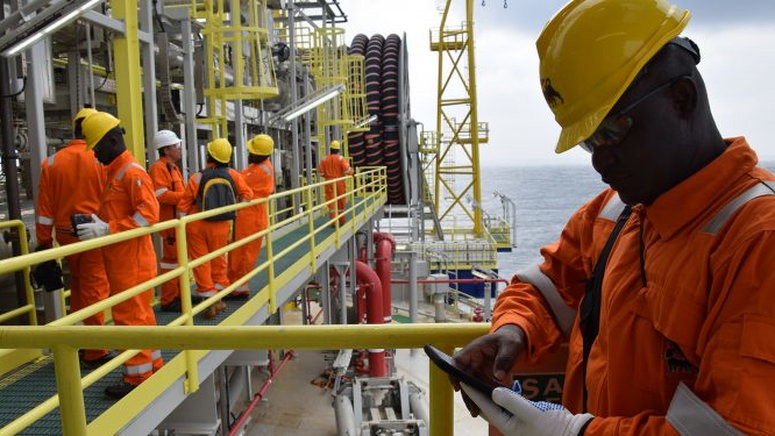Nigeria Attracts $6.7bn in Energy Investments in 2024, Targets $35bn by 2029

By DAYO ADESULU
The Special Adviser to the President on Energy, Olu Verheijen, has announced that Nigeria’s energy sector attracted investments worth $6.7 billion in 2024, signaling a transformative year for the nation’s oil, gas, and renewable energy industries.
This was disclosed in a report titled ‘Presidency Energy Sector Wrap-Up 2024’, released by her office on Wednesday.
Breakdown of Investments
- Oil and Gas Sector:
- $5.5 billion went into the oil and gas sector, primarily through asset acquisitions. Key transactions included:
- Renaissance Consortium’s acquisition of Shell Petroleum Development Company Limited for $1.3 billion.
- Seplat Energy Plc’s acquisition of Mobil Producing Nigeria Unlimited from ExxonMobil Corporation for $1.3 billion.
- Chappal Energies’ acquisition of Equinor Nigeria Energy Company for $1.2 billion and TotalEnergies EP Nigeria’s 10% stake in SPDC JV licenses for $860 million.
- Oando Plc’s acquisition of the Nigerian Agip Oil Company (NAOC) for $800 million.
- $5.5 billion went into the oil and gas sector, primarily through asset acquisitions. Key transactions included:
- Presidential Metering Initiative:
- $400 million was invested in the program to enhance electricity metering, aimed at improving affordability and reliability of on-grid power.
- Clean Mobility and Cooking Programme:
- $700 million was allocated to this initiative to support Nigeria’s energy transition and promote sustainable energy solutions.
- Key Gas Projects:
- TotalEnergies and NNPC invested $550 million in the Ubeta non-associated gas project.
- Deep Offshore Investment:
- SNEPCO’s $5 billion investment in the Bonga North Deep Offshore Project marked the first greenfield deep offshore project in over a decade, with an estimated production capacity of 110,000 barrels per day.
Ambitious 2029 Targets
The Federal Government is setting its sights on even greater achievements by 2029, with a target to attract:
- $30 billion in deep offshore oil investments.
- $5 billion in gas projects to enhance export capabilities and support the energy transition.
Energy Transition Goals
The report underscores Nigeria’s commitment to leveraging its energy resources for sustainable growth. Verheijen highlighted that recent tax incentives for onshore and shallow-water non-associated gas and deep offshore oil aim to make the country an attractive investment destination.
“Our efforts are geared towards achieving economic growth, maximizing Nigeria’s energy resources, and supporting a robust energy transition,” she added.
Power Sector Interventions
The Federal Government also launched initiatives to improve electricity access, including the Presidential Metering Initiative. According to Verheijen, these efforts are part of a broader plan to ensure availability, affordability, and reliability in on-grid power supply, working collaboratively with public and private stakeholders.
Conclusion
With strategic investments and clear targets, Nigeria is positioning itself as a regional leader in energy production and innovation. These milestones signal a brighter and more sustainable future for the nation’s energy sector, fostering economic growth and energy security.





